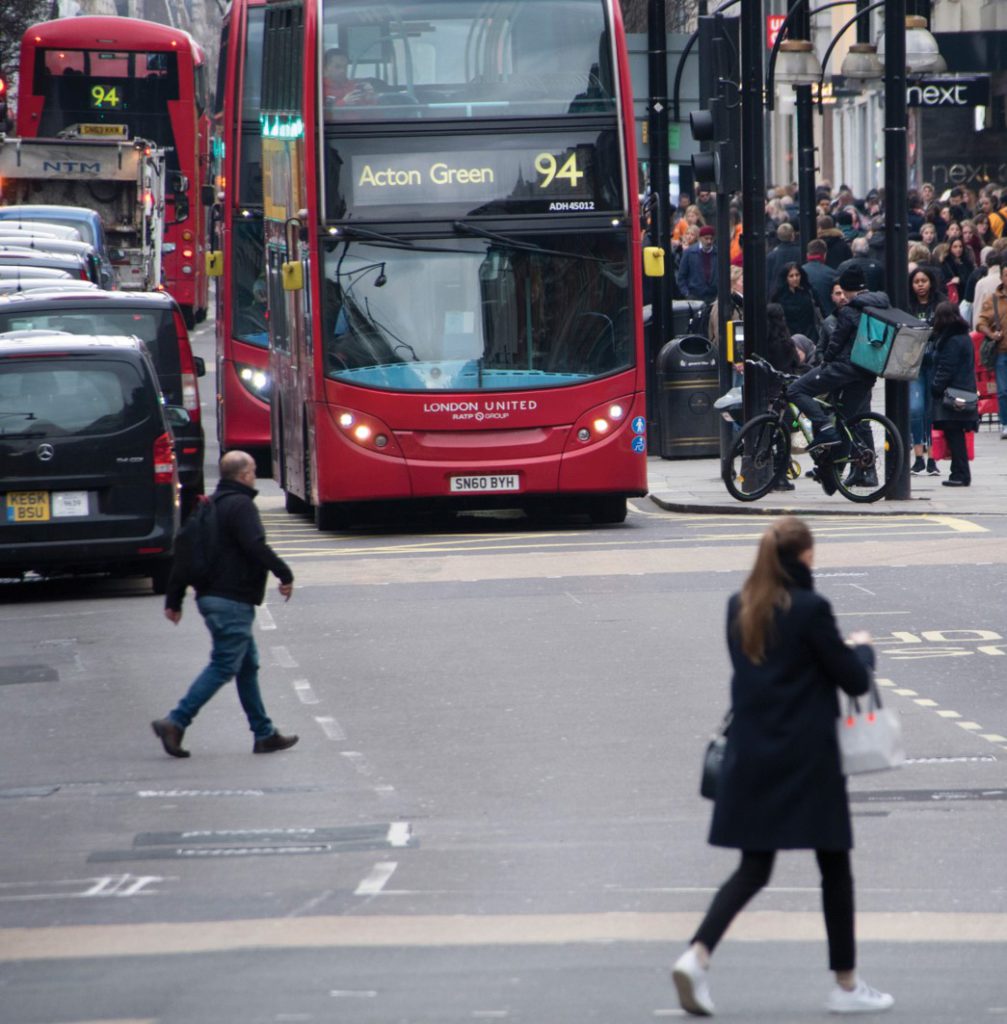New UCL report assesses the implications of MaaS on car ownership and public transport
According to the report, financial discounts that arise from bundling services might motivate especially young people to subscribe to MaaS and use public transport more. If structured properly, MaaS would support a shift towards lower car ownership. The report shows that a significant share of regular car commuters (35%) would substitute car usage for public transport (bus, tube, rail) if MaaS schemes existed.
The results suggest that MaaS should be built around public transport. The vast majority of participants prefer plans which include such modes. Accordingly, the most popular MaaS plans include public transport, car sharing and taxi. It is therefore important for authorities and operators to explore new ways to integrate public transport and new mobility.
In 2017, Polis published a discussion paper "Mobility as a Service: Implications for urban and regional transport". It discusses the involvement of city and regional authorities in MaaS developments and highlights the key issues authorities should consider when introducing MaaS.
Read the full report by the UCL Energy Institute here.
